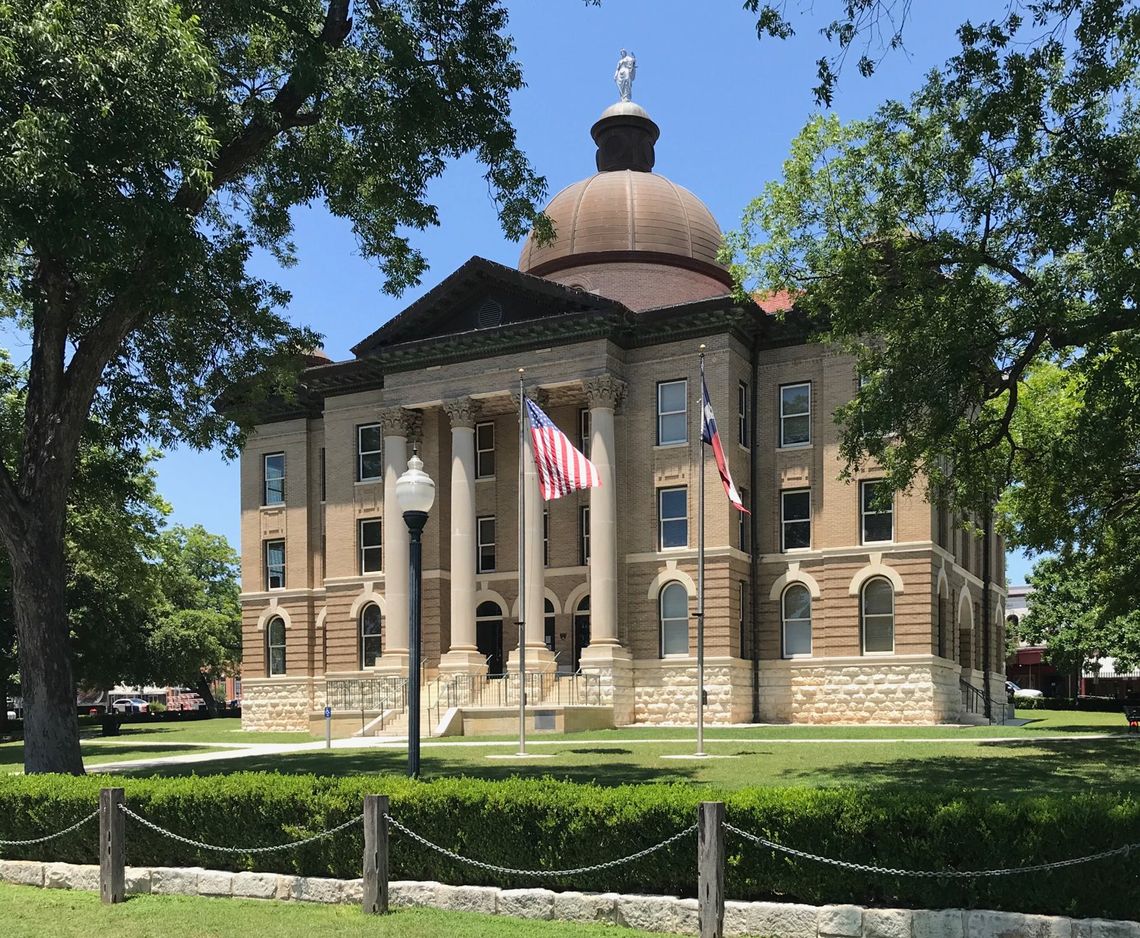by Sahar Chmais
Activists and Hays County Commissioners celebrated the passage of a resolution to submit a grant application to fund indigent defense in Hays County.
“Approving this application will blaze a positive path forward,” Shannon FitzPatrick, former assistant district attorney and practicing attorney, said. “In the decades to come, people may not remember your names, but many will feel the impact of your actions. It’s not always easy to see justice when standing in the forest of privilege. But deliberate steps like this help us to clear a path.”
PLEASE LOG IN FOR PREMIUM CONTENT. Our website requires visitors to log in to view the best local news.
Not yet a subscriber? Subscribe today!











